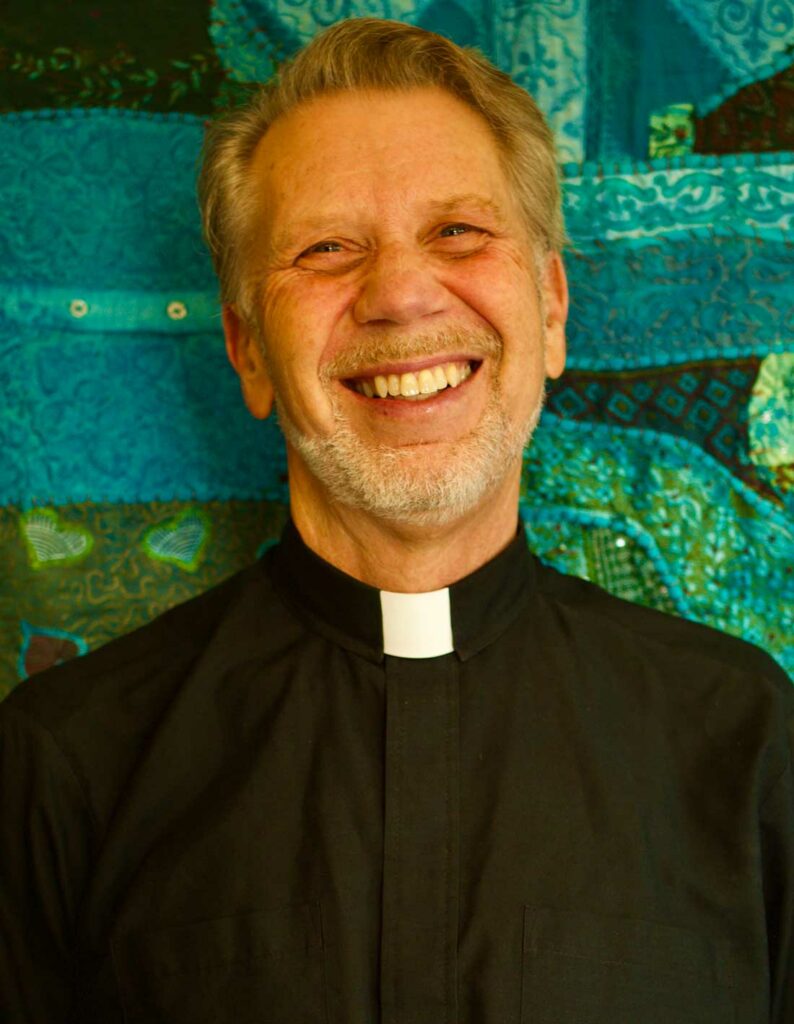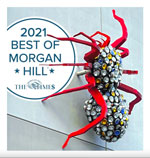In November, I attended a lovely interfaith Thanksgiving service at Congregation Emeth in Morgan Hill. It was a gathering of clergy and laity from the many faith communities in Gilroy and Morgan Hill. In addition to the hosting Jewish congregation, there were representatives from Buddhism, Islam and a variety of Christian churches, both Catholic and Protestant, including my own, the Episcopal Church. Several of us had been asked to speak. The topic was “Gratitude for Community in My Tradition.”

It was a great topic for me, because community had been hard won in my tradition, and for just that reason, we cherish it all the more. That’s because the Episcopal Church began in England just at the start of the Reformation, when King Henry VIII separated from Rome over a dispute with Pope Clement VII. This threw England into turmoil. Probably the majority of English people at the time wanted either to stay with the Roman church or else have an English church that was just like the Roman one except without allegiance to the Pope. An almost equal number, though, wanted the new English church to be entirely different, more like the radical church that had recently been established by John Calvin in Geneva. Soon everyone was at each other’s throat.
It was Queen Elizabeth I who put an end to this. Having seen the violence and hatred that comes when people begin to judge each other and try to control each other’s beliefs, she reportedly declared that she would not try to “make windows into men’s souls.” Only God should judge the human heart.
Echoing the ancient phrase that “praying is believing,” she resolved that the new English Church would ask only this: “Are you willing to pray with us?” Anyone willing to do that was welcome. This is what the Episcopal Church is today, a community of those who, no matter where else they find God, also find God—and so find love—in the gathered prayers of those who come together for that purpose.
As I spoke these words at the Thanksgiving Service at Congregation Emeth, I paused and looked around. The room was packed. Among the crowd were some wearing the brilliant orange robes of Buddhist monks. Many others wore yarmulkes (head coverings worn by some Jews). Some of the Christian clergy wore collars.
But the diversity of clothing was nothing compared to the diversity of people. Truly this was the world in microcosm. And yet we had all come together. We were there to pray together, to offer prayers of gratitude for our separate faith communities—and in fact, for faith itself.
We had come together to share each other’s company, each other’s hopes, each other’s prayers. And as I looked from face to face, I realized that this was my community too, all these people—all different in so many ways, all willing to pray together—and I knew that this is how things should be. This truly was how things should be!
Next Sunday, Jan. 15, the community will convene together again in recognition of Martin Luther King, Jr., at St. Mary’s Parish, 11 First St. in Gilroy, beginning at 3pm. We cordially invite you to join us and hope to see you there!
Ernest Boyer, who goes by Ernie, is currently the Rector at St. Stephen’s Episcopal Church at 651 Broadway in Gilroy. St. Stephen’s website is saintstephensgilroy.org. Ernie has only recently joined the Interfaith Clergy Alliance of South County. He can be contacted at [email protected].








